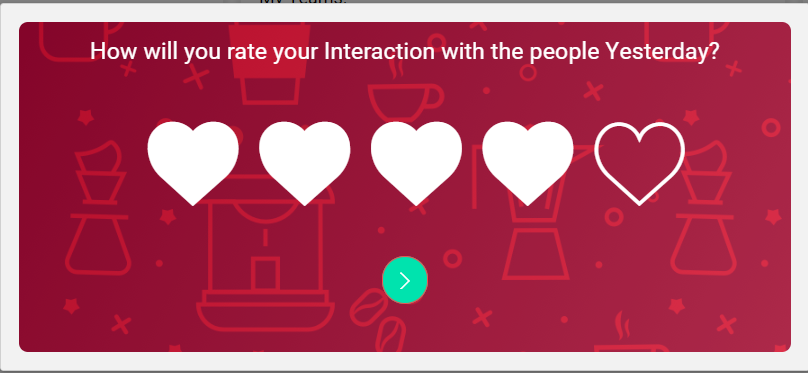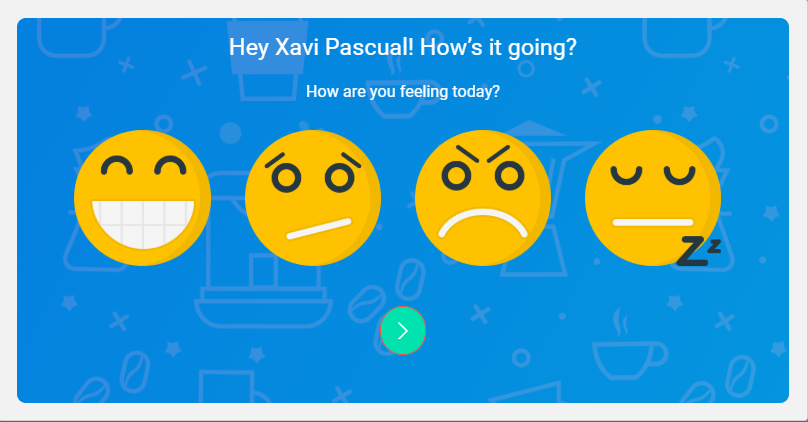“Emotional intelligence” is a concept that was coined by psychologists Salovey and Mayer in 1990 and is defined as:
Emotional intelligence includes the ability to accurately perceive, value and express emotion; the ability to access and/or generate feelings when they facilitate thoughts; the ability to understand emotion and emotional knowledge; and the ability to regulate emotions, to promote emotional and intellectual growth. (Salovey and Mayer, 1990, p. 10). (Salovey and Mayer, 1990, p. 10)
Emotional intelligence also refers to a "“thinker with a heart”who perceives, understands and manages social relationships. However, the foundation prior to the development of this concept is found in Howard Gadner's Multiple Intelligences (1983). Gadner proposed that human life requires the development of several types of intelligence and not just one. So intelligence encompasses much more than purely cognitive issues.
The popularization of the term is due to Daniel Goleman's work called “Emotional Intelligence” (1995). Goleman defines emotional intelligence “as the ability to understand and manage our emotions and those of those around us, in the most convenient and satisfying way” (1995, p. 43-44).
Goleman considers emotional intelligence as a synonym of personality or soft skills, also known as "Soft Skills” and they are, especially, those that are enhanced in BeChallenge methodology. These are skills that have to do with personality, empathy, communication and teamwork. But, equally, emotional intelligence involves the ability to recognize our feelings and others, to motivate ourselves and manage our emotions.
In this sense, emotions are an essential aspect of our daily lives, since, on the one hand, they provide the activation and coordination of the cognitive, physical-motor and behavioral changes essential to respond to the demands of the environment and, on the other hand, they influence our decision-making.
Goleman classifies emotional intelligence into two aspects:
- Personal intelligence:: this is how we know and relate to ourselves. It consists of:
- Knowing your own emotions: it refers to the ability to identify and know yourself.
- Managing emotions: la the ability to control our own emotions, that is, to think before acting.
- Self-motivation: an emotion leads to a drive towards action. Therefore, emotion and motivation are closely related.
- Interpersonal intelligence:: this determines the way in which we connect with others.
- Empathy: it consists of putting ourselves in the place of the other.
- Social skills: the ability to manage relationships with others.
In this way, emotional intelligence is an essential aspect for self-knowledge and social interaction, and establishes a close relationship with motivation. Therefore, it can have a great influence on teaching and learning processes.
Likewise, this type of intelligence plays an important role in personal success as a professional, being, even, much more important than the IQ. In addition, emotional intelligence is, for the most part, linked to everything, being a key tool for student motivation and performance..
For this reason, BeChallenge methodology pays attention to emotional intelligence, since motivation is the main driver for students to participate in a challenge. In this way, the student who is motivated, is actively engaged in the learning process, is committed to solving the challenge and strives to carry it out. Therefore, this type of intelligence directly influences students' academic performance.
The mood clearly influences the individual's disposition, from optimism, joy or enthusiasm to pessimism, sadness or disappointment, encouraging the consideration of multiple points of view. Thus, emotional states facilitate the different ways of dealing with activities or tasks. For example, well-being facilitates creativity.
Hence, in BeChallenge methodology special attention is paid to recording the emotions or feelings of each student when they log in (knowing their own emotions),since, in this way, it provides the teacher with the necessary information about how the learning process will be carried out, based on the mood of their students. In turn, through this information, the professor will know what motivates them and how students behave when they feel excited, as well as choosing the most appropriate path for them.



In addition, since challenge-based learning is one of the key elements that make up the BeChallenge methodology, this approach actively, intellectually, creatively, emotionally, socially and physically involves participants in a real situation, generating in them feelings that can directly influence the creation of learning, so emotional intelligence is part of this approach.
"“It's very important to understand that Emotional Intelligence is not the opposite of intelligence, it's not the triumph of the heart over the head, it's the intersection of both.” (David Caruso).
[DISPLAY_ULTIMATE_PLUS]
Bibliography:
-
Aguilar Calderón, Andrea (2013, July 11). The importance of emotional intelligence [Blog Post]. Retrieved from https://lamenteesmaravillosa.com/la-importancia-de-la-inteligencia-emocional/
-
Alfonso Adam, Estrella (s.f.). La inteligencia emocional: una herramienta clave para la motivación del estudiante y su rendimiento. Retrieved from https://www.universidadviu.es/wp-content/uploads/2016/04/Informe-VIU-Inteligencia-Emocional.pdf
-
García Retana, José Ángel (2012). La educación emocional, su importancia en el proceso de aprendizaje. Education Magazine 36 (1), 97-109, ISSN: 0379-7082. Retrieved from file:///C:/Users/pc/Downloads/455-15234-1-PB.pdf
-
Guerri, Marta (s.f.). ¿Qué es la Inteligencia Emocional? [Blog Post]. Retrieved from https://www.psicoactiva.com/blog/la-inteligencia-emocional/
-
López Moraleda, Rosa (s.f.). La importancia de la inteligencia emocional. Retrieved from http://www.revista60ymas.es/InterPresent1/groups/revistas/documents/binario/s309informe.pdf
-
TEDxOviedoUniversity (2017, 18 enero). La importancia de la inteligencia emocional [Blog Post]. Retrieved from http://tedxoviedouniversity.com/la-importancia-de-la-inteligencia-emocional/
¿Quieres transformar el aprendizaje en tu institución?
Solicita una demo gratuita y descubre cómo BeChallenge te acompaña en el proceso.
Solicita una demo gratuita
